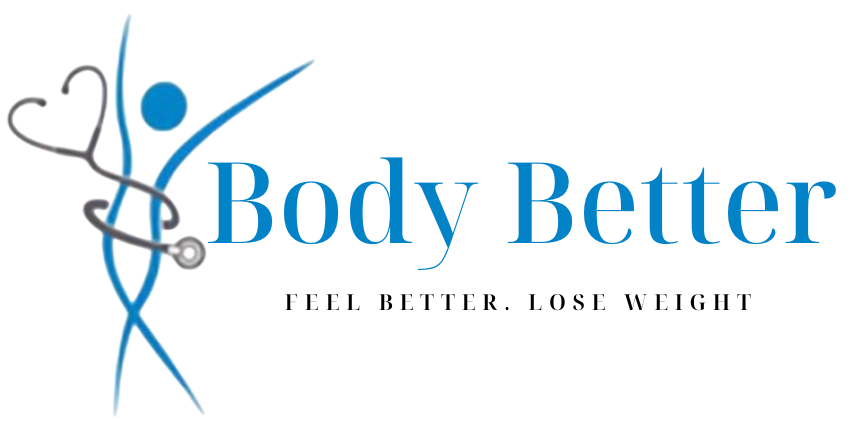Protein is an essential nutrient that plays a crucial role in many bodily functions. It is made up of amino acids, which are the building blocks of tissues such as muscles, bones, and skin. In this post, we’ll explore the importance of protein and why it’s important to make sure you’re getting enough in your diet.
1. Muscle growth and repair: Protein is essential for building and repairing muscle tissue. When you exercise, you create small tears in your muscles, and protein helps to repair them and make them stronger. This is why athletes and bodybuilders often consume high amounts of protein to support their training.
2. Weight management: Protein is also important for weight management. It has been shown to increase feelings of fullness and reduce hunger, which can lead to a reduction in calorie intake. This is because protein takes longer to digest than carbohydrates or fats, so it keeps you feeling full for longer.
3. Bone health: Protein is important for bone health because it helps to build and maintain strong bones. Studies have shown that a high protein intake is associated with increased bone mineral density, which can help to reduce the risk of osteoporosis and fractures.
4. Immune function: Protein is necessary for the production of antibodies, which are proteins that help to fight off infections and diseases. A diet that is low in protein can weaken the immune system and make you more susceptible to illness.
5. Brain function: Protein is also important for brain function. It helps to produce neurotransmitters, which are chemicals that transmit signals between nerve cells. A diet that is low in protein can lead to cognitive decline and memory problems.
So, how much protein do you need? The recommended daily intake of protein varies depending on age, sex, and activity level. As a general rule, adults should aim for at least 0.8 grams of protein per kilogram of body weight per day. However, athletes and people who are trying to build muscle may need more.
Good sources of protein include meat, fish, poultry, eggs, dairy products, legumes, nuts, and seeds. If you’re having trouble getting enough protein in your diet, you may want to consider using a protein supplement.
In conclusion, protein is a crucial nutrient that plays many important roles in the body. By making sure you’re getting enough protein in your diet, you can support muscle growth and repair, maintain a healthy weight, promote bone health, boost your immune system, and support brain function. So, be sure to include plenty of protein-rich foods in your diet to reap these benefits.
Sources:
– “Protein: Why Your Body Needs It” by Mayo Clinic
– “Protein: A Guide to Maximum Muscle” by WebMD
– “Protein and Bone Health” by National Osteoporosis Foundation
– “Protein and Immunity” by Today’s Dietitian
– “Protein and Brain Function” by Psychology Today
